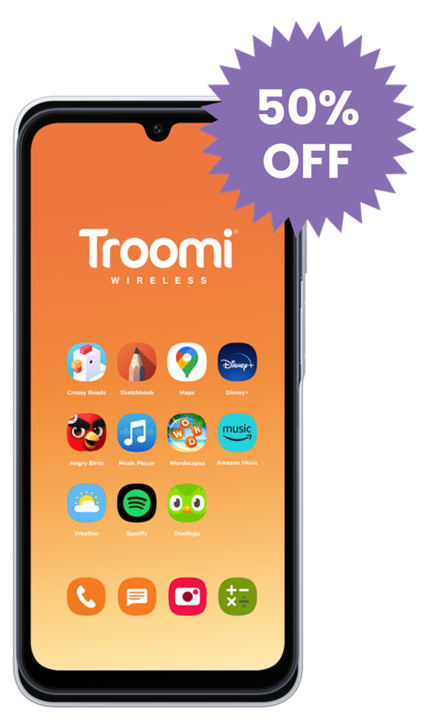Like many of you, I’ve spent a fair amount of time visiting with doctors, counselors, and Google to learn how to manage teenage mental health struggles. And while I don’t claim to be an expert in this field, I’ve noticed a consensus among authorities. As I’ve listened, read, studied, and observed, I’ve discovered that a combination of strategies works best to combat the negative effects of teen depression, anxiety, and other mental health issues. These strategies include: balanced nutrition; good sleep habits; talking through issues (often in the form of counseling); medication, when needed; and good, old-fashioned physical play time.
But sometimes tech can get in the way, especially when it comes to physical activity. After all, texting, scrolling, and gaming don’t exactly get the heart pumping and the adrenaline flowing. So, in addition to working on the eating, sleeping, talking, and medicating, maybe it’s time to encourage our teenage kids to put the phone down and go play.
Balancing the Journey to Adulthood
I’m always surprised by the conversations I have with my own kids as well as teenagers in my classroom. I often assume they are eager to shed their childhood for more mature pursuits. Maybe it’s because I look at them and their struggles through adult eyes. But in many cases, it’s clear that they are just kids, trying to cope with heavy stress, mounds of uncertainty, and high expectations (set by themselves and others).
Don’t get me wrong. I’m a big believer in inspiring teens to take responsibility and own their journey to adulthood. But sometimes, it might be wise to encourage them to put down the phone for a while and recapture their childhood through play.
The Benefits of Play
Play is great for mental health. According to the Mayo Clinic, play (especially when it involves an element of physical movement) releases feel-good endorphins that boost mood instantly. It reduces the stress our kids feel by taking their minds off their worries. It helps them gain confidence. It increases their social interaction. And it gives them a positive coping strategy for combating mental health struggles. So encourage your kids to go play!
A Word from the Real Experts
Recently I asked several teens in my classes a simple question: What games do you like to play that don’t involve technology? In groups that had, up to that point, been relatively quiet, the conversations lit up. They were excited to talk about their favorite tech-free playtime activities—ones which often took them back to their childhood days when things were more carefree.
They shared a variety of games they like to play with family and friends. Some were popular board or card games, while others involved more physical activity.
Here’s a sampling of what they suggested.
Popular Board/Card Games:
- Wacky Six
- Scum
- Five Crowns
- Forbidden Desert
- Settlers of Catan
- Clue
- Sorry
- Uno
- Phase Ten
- Ticket to Ride
- Throw Throw Burrito
- Risk
- Monopoly
- Life
- Pictionary
- Telestrations
- Catch Phrase
Popular Physical Games with Equipment:
- Spikeball
- Can Jam
- Corn Hole
- Ping Pong
- Pool
- Hacky Sack
- Laser Tag
- Kick Ball
- Volleyball
- Basketball
- Paintball
- Nerf Gun Wars
- Giant Jenga
- Dodgeball
- Pickleball
- Ultimate Frisbee
- Trampoline Parks
- Capture the Flag
Popular Physical Games without Equipment:
- Fugitive
- Ghosts in the Graveyard
- Sardines
- Hide & Seek (in the dark)
- Freeze/Zombie Tag
The Hidden Message
Honestly, some of these suggestions surprised me. They seemed a bit below their grade or “coolness” level. But when I pushed them on their suggestions, they were adamant about their choices. They went on to describe fun times they’d had, even recently, playing these games. And as I listened, I realized something. Our teens want to have fun. They want to shed the burdens of an over-stressed, over-tech society—at least for a while.
And really, why not? If physical activity is one of the ways to maintain good mental health, we should be encouraging our kids to put down the phone and go play. Better yet, maybe we should put down our own phones and join them.


